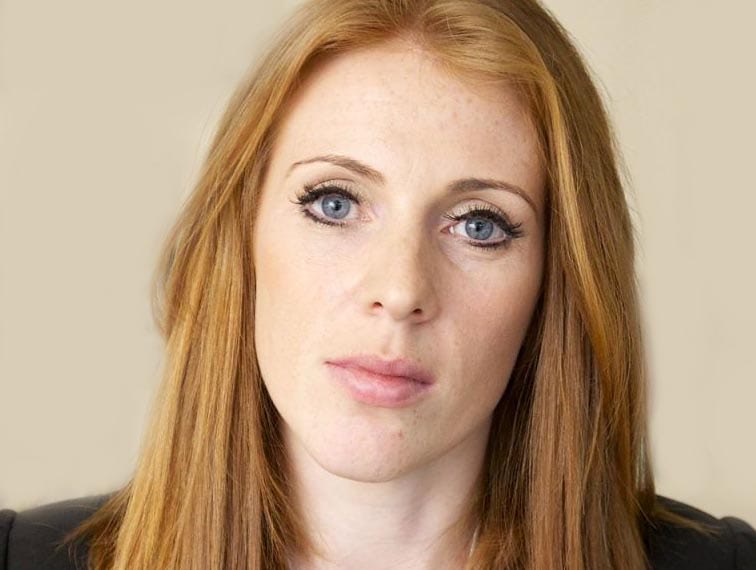Decade of austerity sees 30% drop in library spending

Data released today (6 Dec) by CIPFA (Chartered Institute of Public Finance and Accountancy) shows a 29.6% decline in spend on libraries since austerity began in 2009/10.
National spending on libraries topped £1bn in 2009/10, but dropped to under £750m in 2018/19.
Since 2014/15, the total number of paid staff has reduced by 15.1% (from 18,028 to 15,300), while the number of volunteers has increased by 24.3% (from 41,402 to 51,478).
The data also reveals how local authorities have redesigned library services in response to tightening budgets and changing consumer habits. Spend on audio-visual materials, such as CDs and DVDs, dropped by over 60% in the last ten years as libraries have moved towards greater use of online resources.
However, this year’s survey suggests that things could be changing for libraries, with overall spend rising by 0.4% since 2017/18, despite 7 million fewer visits over the same time period.
Rob Whiteman, CIPFA CEO, said:
“While we have seen a small uptick in the amount spent on libraries over the last year, budgets remain tight, with spending remaining well below 2009/10 levels.
“Today’s findings show a sustained trend in which many services have been cut or redesigned, with councils’ ever-decreasing funds directed to priority areas such as social care.
“This is the shape of today’s local authorities. As the country prepares to go to the polls, candidates should be having honest conversations with the public about the role of local government, and the future of lower priority services such as libraries.”
The three most visited libraries – Central Manchester, Wembley Library in Brent, and Woolwich Library in Greenwich – continue to receive well in excess of 1 million visitors a year.
There were 174,695,508 books issued to 7,505,485 active borrowers in Britain in 2018/19.
1 in 8 Schools Have No Library
A study released earlier this year (17 Oct), commissioned by the Great School Libraries campaign, has shown that around one in eight schools do not have a library, with poorer children less likely to have access to one than their richer peers
The survey shows discrepancies between rich and poor – 91% of schools that have between none and 9% of pupils eligible for free schools meals – a key measure of poverty – have a library area. This drops to 81% among schools where 25% to 49% are eligible for free dinners, and to 56% where half or more pupils are eligible.
Nick Poole, chief executive of CILIP, a library and information association, said:
“We welcome this landmark report as the first comprehensive picture of the state of play in our school libraries. On the one hand, it is a testament to the head teachers, teachers, governors and librarians that value and promote the importance of school libraries for learners and their school. On the other hand, the research paints a picture of inequality of access and opportunity and insecure employment that we cannot accept.”
Angela Rayner MP, Labour’s Shadow Education Secretary, responding to a study showing that one in eight schools have no library, said:
“These figures show the consequences of cuts the Tories have imposed on our schools. Even worse, it is clear that the highest price is being paid by those who most need the extra help.
“The schools with the most disadvantaged pupils are already those least likely to have been able to maintain a library. Yet the government has deliberately diverted the limited funding that it has promised away from those schools.
“Labour believes that every child deserves the best start in life, including access to books and the opportunity to read, and our National Education Service will give schools the investment they need to provide it.”
According to EPI analysis:
Primary schools in which less than five per cent of pupils are eligible for free school meals – just one or two pupils in each year group – would see an average increase in per pupil funding of £271, while almost all schools serving the most disadvantaged communities would miss out. Overall, the average pupil eligible for free school meals would attract an additional £56 under this proposal, while the average pupil not eligible for free school meals would attract an additional £116.
And there is an interesting side story for secondary schools. Who could forget the noise three years ago at the proposal that one way to address social injustice was to expand academic selection with new grammar schools. Like so much in that time, the proposals were lost to the distraction of Brexit and simple Parliamentary arithmetic. The new Prime Minister may well end up helping grammar schools more than the last. All but 12 of England’s 163 grammar schools would benefit under this proposal; at an average of over £130,000 each to their total budgets.
Commenting on Free Schools in England – 2019 Report, published today by the Education Policy Institute, Dr Mary Bousted, Joint General Secretary of the National Education Union, said:
“This report is an important reminder of the reality behind the Government’s rhetoric on free schools. This includes the bogus claim that free schools empower local communities and parents. We now know that nearly all new free schools are delivered by existing academy chains, with many opening where they are not wanted or needed.
“It is a disgrace that such a vast amount of money and resources have been poured into the free schools programme, while other schools have been starved of funds and local authorities have been prevented from being able to meet the challenges of growing pupil numbers effectively by opening their own schools.
“Allowing free schools to open where there are already enough school places is completely wrong. It is unfair on existing schools – which as this report shows are frequently very successful in their own right – and creates unnecessary problems for local authorities trying to manage the fall out.
“This report once again confirms the trend of free schools’ intake not being representative of the areas they open in – primary free schools still do not have as many disadvantaged pupils as might be expected given the areas they serve.
“The free schools policy cannot simply be tweaked or amended to overcome the problems identified here. Allowing chains to open new schools via an application to central government is fundamentally illogical, undemocratic and wasteful – and that is why the programme must be ended. What we need instead is to restore powers and funding to local authorities so that new schools are opened where they are needed and following proper consultation with existing schools and the local communities.”











Responses